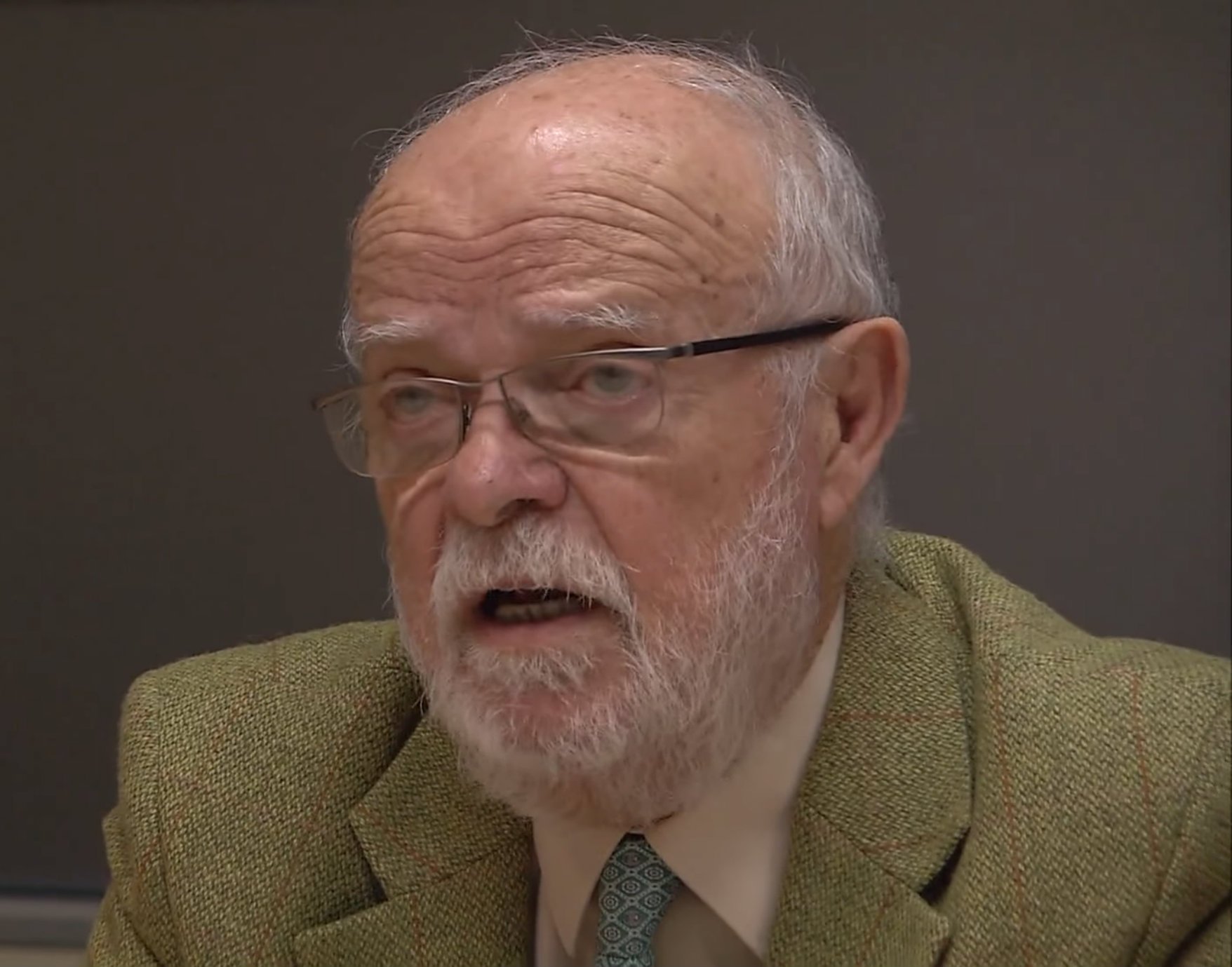José Antonio Martín Pallín does not mince his words. This judge emeritus of the Spanish Supreme Court and winner of a National Prize for Human Rights in 2006, considers that "a rational way to face the problem [of the investiture of Carles Puigdemont as Catalan president] would be to bring him before the judge and there [decide to] set him free". Doing the opposite "would be incompatible with democracy, the separation of powers and the Constitution."
In an interview in the Madrid newspaper El Mundo, Martín Pallín also considers that it would be "bizarre" and "anomalous" for Puigdemont to "take possession and afterwards return to prison". And he goes on: "Either this is resolved via the political, constitutional, dialogue-based route, or there is no solution".
"If they turn his arrest into an international show, the conflict would be aggravated for no reason. Applying this principle of authority would be another demonstration of what remains of Franco's regime, incompatible with a solvent democracy", he explains.
No indications of an offence
The former judge, one of the most renowned jurists of his generation, rejects the arguments made by the Spanish public prosecutors, accepted by the two courts hearing the cases, the National Audience and the Supreme Court. "It is a complete mistake because there are no indications of offences of rebellion, or even of sedition, even of misuse of public funds...", and that "none of the requisites for preventive detention are met". These precautionary measures - prison without bail - "are excessive", he affirms.
His reasoning is that "the basic principle is that of freedom. What social danger does a politician such as [Puigdemont] present?" For that reason, he does not understand the action taken by the justice system against the Catalan government and the presiding board of the Catalan Parliament. It is as if it were necessary to renounce ideas so as not to cause upset. It has an air of inquisition about it".
In this regard, Pallín explains that "the pro-independence leaders did not deceive anybody. They had announced their intentions since 2015 and the Spanish Constitutional Court recognizes that. For money to be spent on ballot boxes is something that you may or may not like, but they said they were going to do this in advance and it does not seem to be crime. Nor is it one to subsidise the Francisco Franco Foundation, although if I were a politician I would eliminate the public subsidies that it receives. So when we talk about conspiracy, we have to be cautious".
For the judge emeritus, "the legal, political and constitutional conflict" should have come to a halt when the Constitutional Court annulled sessions of the Catalan Parliament. "Somebody some day will have to explain what happened; and to take responsibility for the jail punishments imposed on former members of the Catalan Government", he continues, referring to decisions taken by the National Audience, the Supreme Court and the Spanish government itself.
Incapable of dialogue
Pallín weighs his criticisms carefully. He insists on his patriotism and declares that he will not tolerate being branded as "anti-Spanish" for his refusal to acquiesce to the present situation. Politically, he supports federalism, and concedes that he is not longer so sure that a self-determination referendum should be held right now.
With reference to the "constitutionalism" of the Spanish government and of the three parties that claim this label for themselves, Pallín says that he would call them pseudo-constitutionalists, because they only focus on one article of the Spanish constitution, the second [The indissoluble unity of the Spanish nation, common and indivisible fatherland]. The great values of the constitution (justice, pluralism, freedom, personal dignity, respect and others) do not interest them. So if you have doubts about article 2, but believe in the rest, they say you are outside the constitution".
He also observes that "most public opinion, starting from the most serious media in Europe and the politicians of foreign, democratic and modern governments, do not understand how the Spanish government is incapable of dialogue. This is obvious".
The Catalan elections, he adds, "were celebrated in anomalous circumstances [...] under a kind of state of emergency resulting from article 155, with candidates in prison without legal basis to be. I invite any political observer to find a similar situation in any of the countries that make up the hard nucleus that consolidated the EU. If the judges do not reflect on the values of political participation and freedom, perhaps we will find ourselves with a new anomaly that would cause surprise throughout our political neighbourhood".

